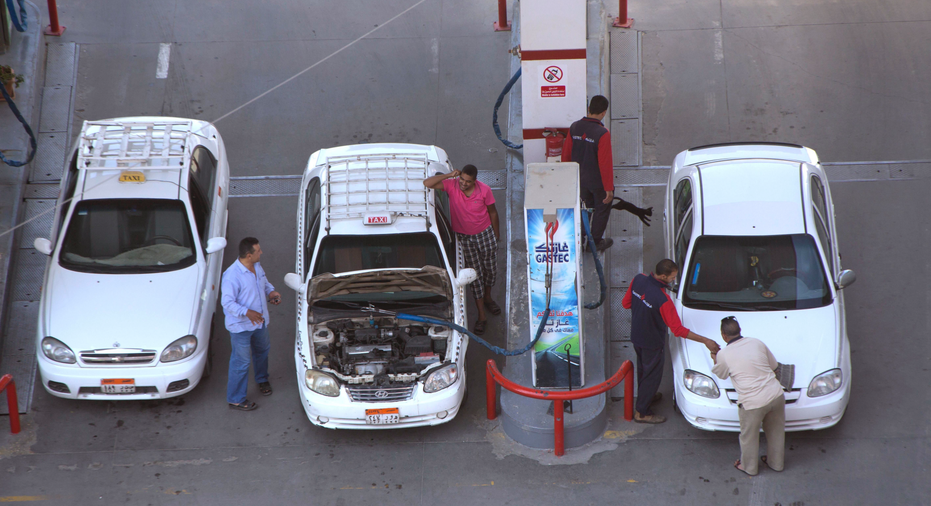Egypt raises fuel prices for second time in less than a year

CAIRO – Egypt raised the prices of fuel by up to 55 percent on Thursday, the second such increase since the local currency was floated seven months ago, as the country struggles with an array of economic woes including a double-digit inflation rate.
The move is bound to boost already surging inflation and fan popular discontent over the austerity policies launched by President Abdel Fattah el-Sissi, who previously pleaded for Egyptians to bear reforms necessary to spur economic recovery.
Price hikes have long been a politically sensitive issue that had triggered protests in the past in Egypt, but analysts believe it is unlikely that similar protests will erupt.
"In the light of social fatigue, broad-based fear of instability, the threat of repression and the fragmentation of politics, it's difficult to see how sustained and organized opposition arises," Michael Hanna, Egypt analyst at the U.S.-based Century Foundation, said.
The decision, announced on official news agency MENA, increased the price of the most-used automobile fuels in Egypt — 80 octane gasoline and diesel — to 3.65 Egyptian pounds, up 2.35 pounds.
The price of 92 octane gasoline also rose, reaching five Egyptian pounds instead of 3.5 pounds, while the price of butane canisters, commonly used in households across the country, was doubled — up from 15 pounds to 30 (about $1.65).
The government's move comes as part of broader economic reforms taken to meet demands by the International Monetary Fund for a $12 billion bailout loan.
Jason Tuvey, Middle East economist at the London-based Capital Economics, said there may be a temporary rise in inflation on the back of the price hikes but inflation was generally on a downward trajectory.
"We think the general trend over the next 12 months will be towards weaker inflation as the effects of the pound's devaluation in November start to fade," he said.
At one gas station on the outskirts of Cairo, several Egyptians were seen arguing with the stations employees over the new prices early Thursday morning. The employees, meanwhile, were busy manually calculating the cost of fuel for each vehicle according to the new prices.
But in an attempt to alleviate the repercussions of today's decision, Prime Minister Sherif Ismail told a press conference that the move was essential and could not be delayed; asserting that it directly supports and improves services provided to citizens while aiming to protect low-income individuals.
"We took part of the value of the subsidies allocated to energy to use it for other subsidies that are important for limited-income and poor individuals," he said.
Earlier this month, the government had raised pensions and more than doubled the amount of subsidized food that millions of ration card holders can purchase on a monthly basis. In late May, it announced a $2.49 billion package of income tax discounts, bonuses for state employees, increased pension payments and cash subsidies for lower and middle income Egyptians to cope with the soaring prices. The Cabinet said the package will go into effect July 1.



















